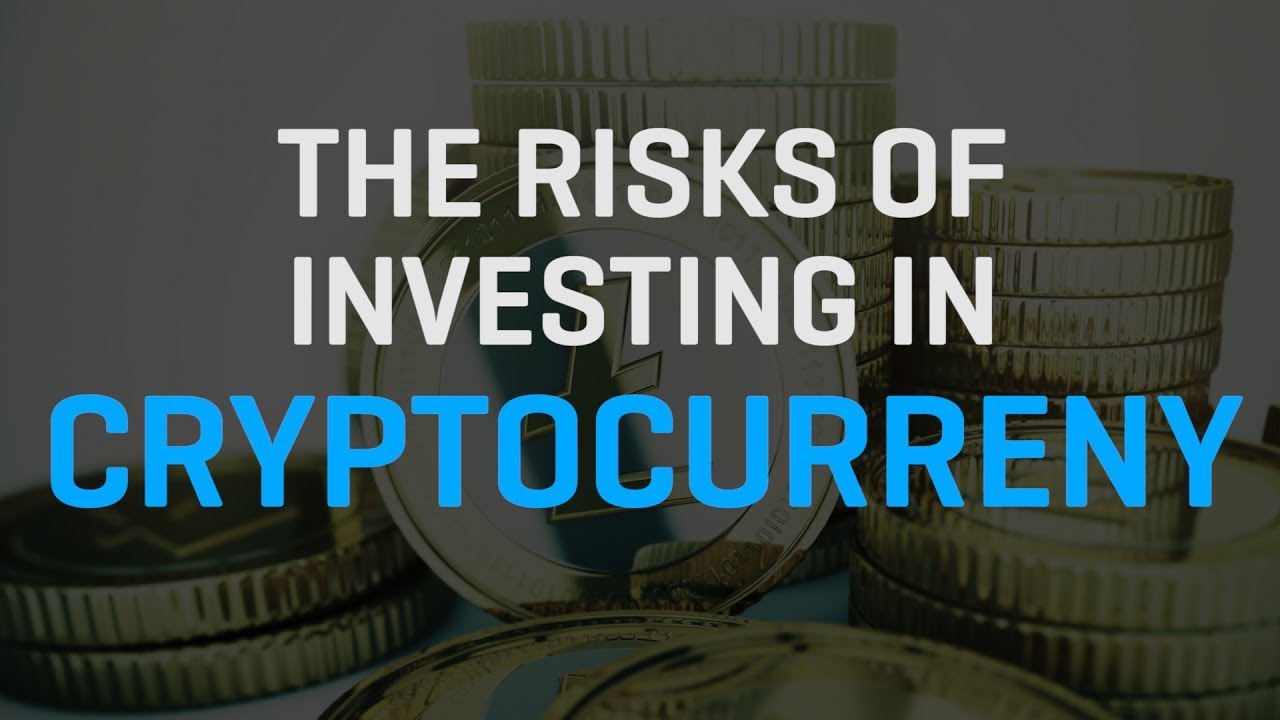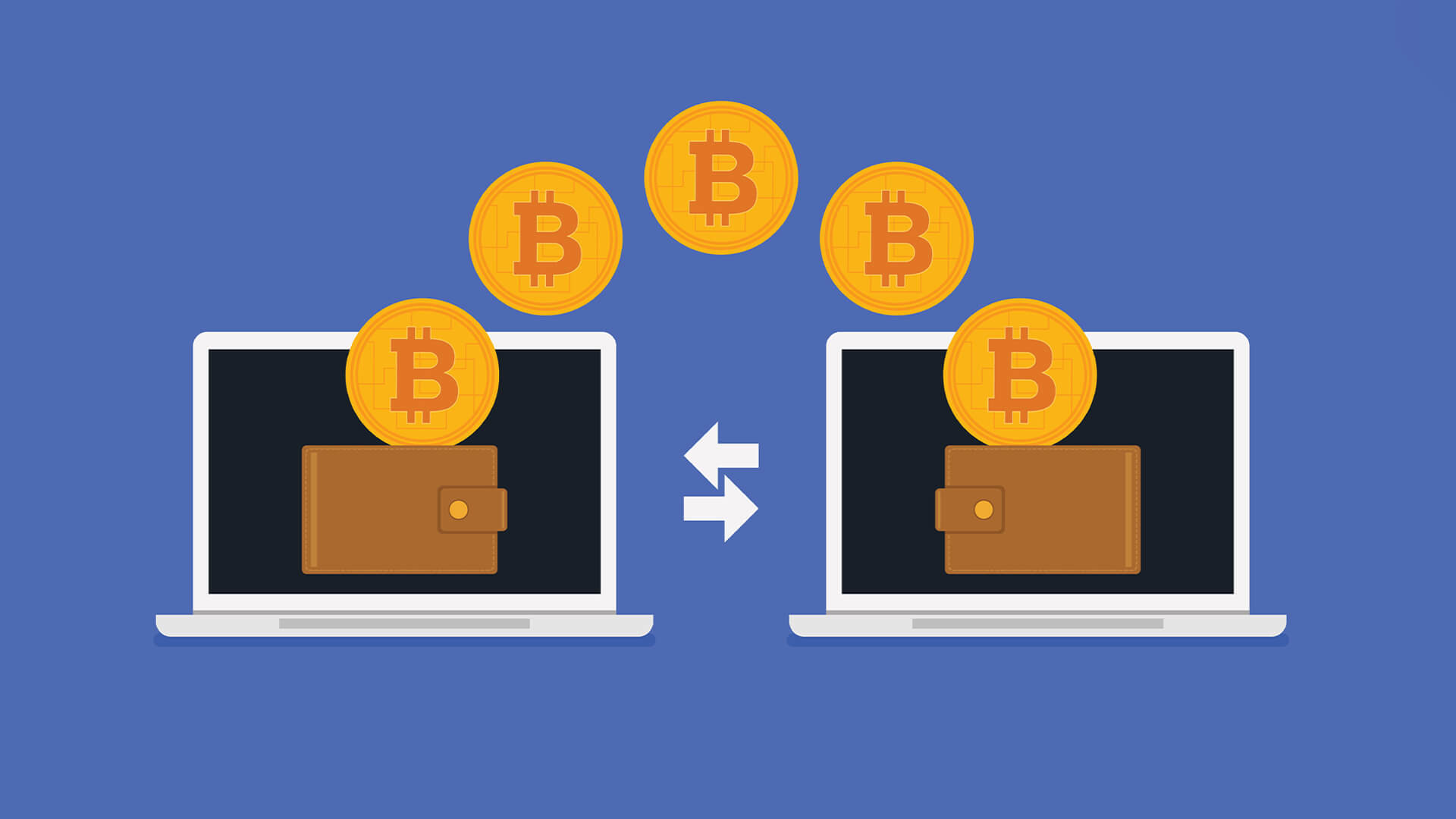
What are the risks of Investing in Cryptocurrencies
Investing in Cryptocurrencies: Cryptocurrencies have revolutionized the world of finance, offering high potential returns and exciting investment opportunities. However, like any investment, they come with risks. Understanding these risks is crucial for making informed decisions and safeguarding your capital. Origins and Meaning of Bitcoin Laser Eyes Explained explores the key risks associated with investing in cryptocurrencies and how to mitigate them.
1. Market Volatility
Cryptocurrency prices are notoriously volatile. It’s not uncommon for a coin’s value to swing by 20-30% within a single day. While this volatility creates profit opportunities, it also exposes investors to significant losses.
Example: Bitcoin, the largest cryptocurrency, has experienced dramatic price fluctuations, reaching an all-time high of nearly $69,000 in late 2021 before dropping to under $20,000 within a year.
How to Mitigate:
- Invest only what you can afford to lose.
- Use dollar-cost averaging (DCA) to reduce the impact of market swings.
- Diversify your portfolio to spread risk across multiple assets.
2. Regulatory Risks
 Cryptocurrencies operate in a largely unregulated environment, making them subject to sudden regulatory changes. Governments worldwide are grappling with how to regulate cryptocurrencies, and their decisions can significantly impact prices and market sentiment.
Cryptocurrencies operate in a largely unregulated environment, making them subject to sudden regulatory changes. Governments worldwide are grappling with how to regulate cryptocurrencies, and their decisions can significantly impact prices and market sentiment.
Example: In 2021, China’s crackdown on crypto mining and trading caused a major dip in the market.
How to Mitigate:
- Stay informed about regulatory developments in your region.
- Diversify investments into regulated or less-regulated markets to balance risks.
3. Security Risks
While blockchain technology is inherently secure, the platforms and exchanges used for trading and storing cryptocurrencies are not immune to hacks. Losing access to private keys or falling victim to phishing attacks can result in the loss of your investment.
Example: The 2014 Mt. Gox exchange hack resulted in the theft of 850,000 Bitcoins, valued at billions of dollars today.
How to Mitigate:
- Use hardware wallets or secure software wallets for storage.
- Enable two-factor authentication (2FA) on all accounts.
- Avoid sharing sensitive information and double-check URLs before logging in.
4. Lack of Consumer Protection
Unlike traditional financial systems, cryptocurrency investments often lack protections such as deposit insurance. If an exchange collapses or your funds are stolen, there may be no recourse for recovering your assets.
Example: The collapse of FTX in 2022 left thousands of investors unable to access their funds.
How to Mitigate:
- Use reputable, regulated exchanges.
- Store the majority of your assets in private wallets rather than exchange wallets.
5. Technological Risks
The rapidly evolving nature of cryptocurrency technology presents its own risks. Bugs, forks, or compatibility issues can impact the value or usability of a coin.
Example: Ethereum’s transition to proof-of-stake (The Merge) was a massive technological shift, and any significant flaws could have had a detrimental impact on its value.
How to Mitigate:
- Stay updated on the technical developments of the cryptocurrencies you invest in.
- Invest in projects with strong development teams and clear roadmaps.
6. Scams and Fraud
The crypto space has been a breeding ground for scams, from fraudulent ICOs (Initial Coin Offerings) to rug pulls, where project creators disappear with investor funds.
Example: The 2021 Squid Game token scam saw developers vanish with millions of dollars after launching a token based on the popular TV series.
How to Mitigate:
- Conduct thorough research before investing in any cryptocurrency or project.
- Be wary of promises of guaranteed high returns.
- Avoid unverified projects or exchanges.
7. Liquidity Risks
Not all cryptocurrencies have sufficient trading volume. Investing in low-liquidity assets can make it challenging to sell your holdings without significantly impacting the price.
Example: Small or obscure altcoins may experience drastic price drops if a single large investor decides to sell.
How to Mitigate:
- Stick to well-known cryptocurrencies with higher liquidity.
- Check the trading volume of an asset before investing.
- Emotional and Psychological Risks
The fast-paced and unpredictable nature of crypto markets can lead to emotional decision-making. Fear of missing out (FOMO) or panic selling during downturns can result in poor investment choices.
Example: Many investors bought Bitcoin during its 2021 peak, only to sell at a loss during subsequent market downturns.
How to Mitigate:
- Create a clear investment strategy and stick to it.
- Avoid making impulsive decisions based on market hype or fear.
- Consider automating trades to remove emotion from the process.
Conclusion
Investing in cryptocurrencies offers the potential for significant rewards, but it is not without its risks. By understanding the challenges outlined above and taking proactive steps to mitigate them, you can navigate the crypto market more confidently. Always remember, that the key to successful investing lies in research, risk management, and staying informed. Whether you’re a beginner or a seasoned investor, prudence and discipline are essential to thrive in the ever-evolving world of cryptocurrencies.
[sp_easyaccordion id=”5107″]







